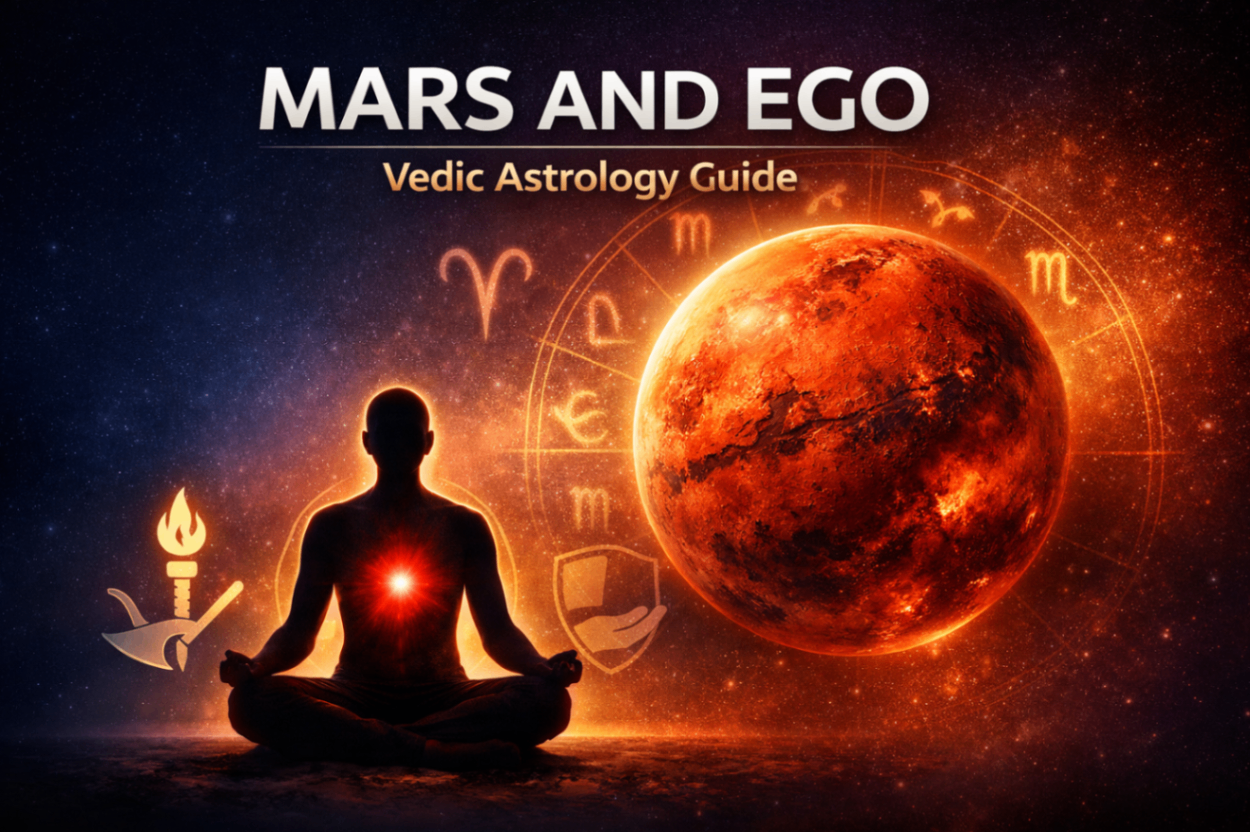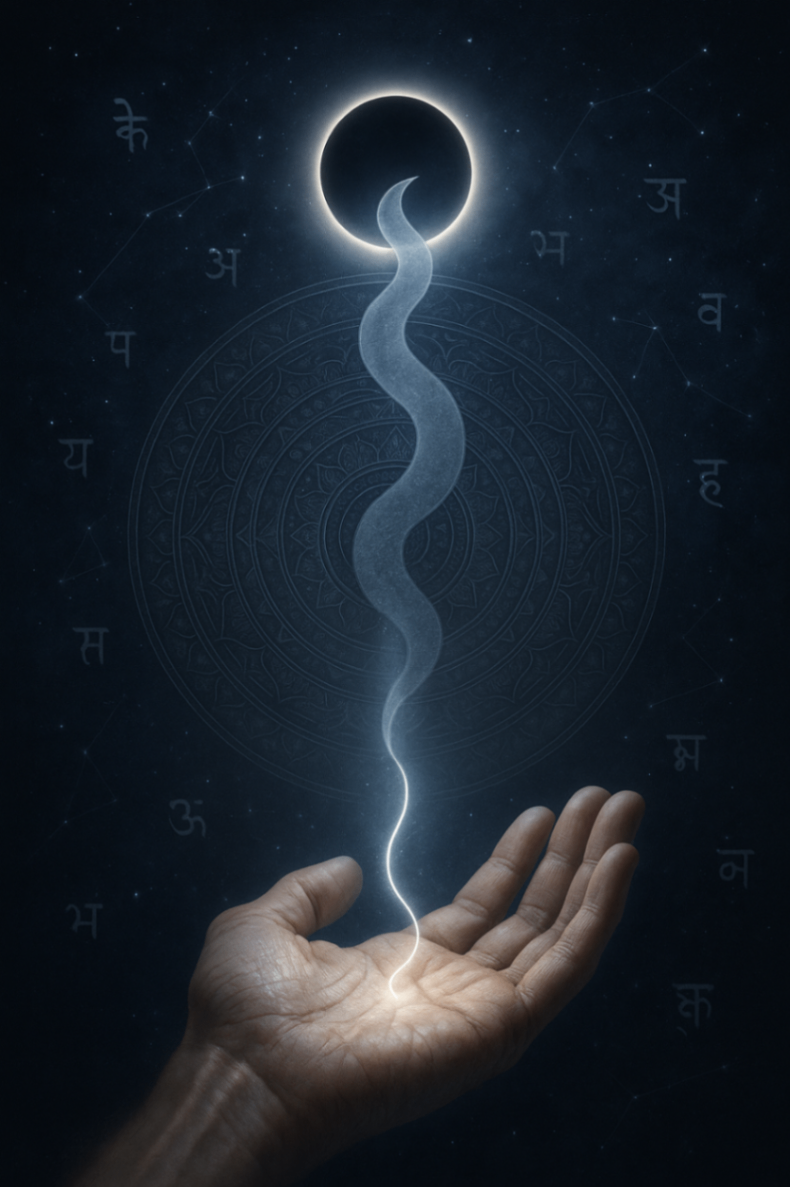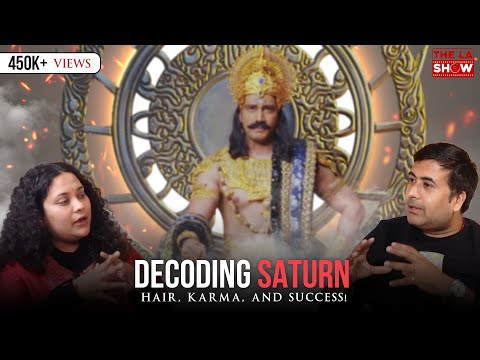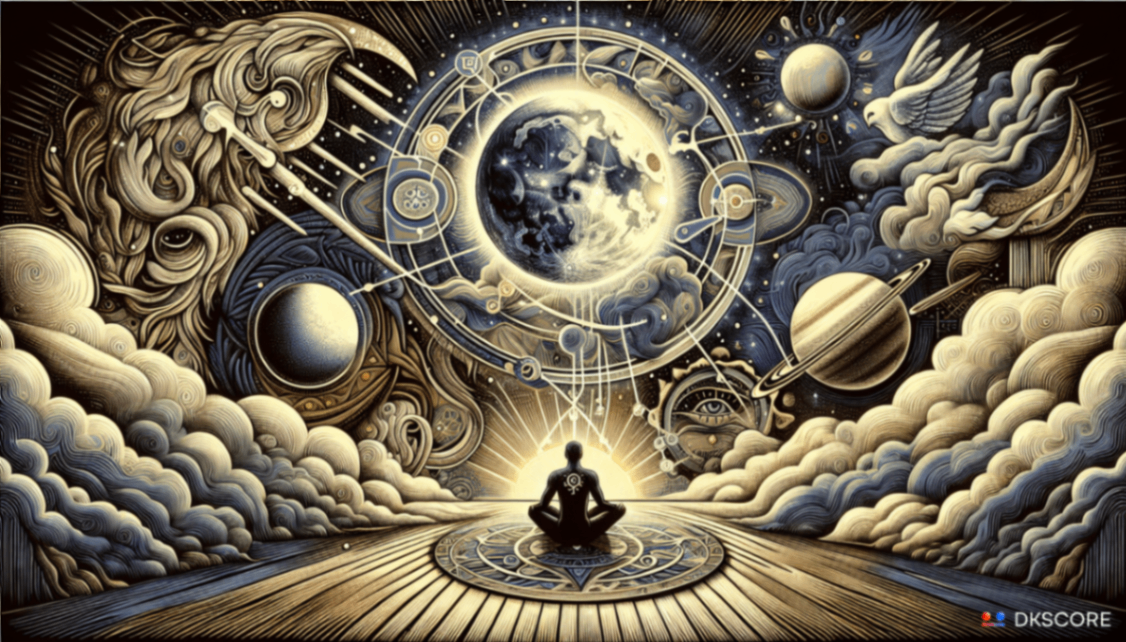Saturn is considered one of the most significant and influential planets in Vedic astrology. It is often associated with karma, adversity, disease, and old age, making it a planet that many people fear. Saturn is the farthest physical planet after Jupiter, not taking into account Uranus, Pluto, and Neptune. Due to its distance from the Sun, it is regarded as the darkest planet. In Vedic astrology, Saturn is also known as the greatest teacher and the lord of karma.
Saturn: The Planet of Limitation
If there is one word to describe Saturn, it is limitation. Saturn imposes restrictions and boundaries that force individuals to confront their limitations and work within them. This process can be challenging and often requires hard work and dedication. However, understanding these limitations can serve a higher purpose and help individuals achieve their goals.
Significations of Saturn
Saturn signifies various aspects of life, including debts, setbacks, obstacles, delays, endings, restrictions, ill health, and discipline. It operates on a soul level to bring about necessary changes in ones life, which is why it is considered the hardest of the planetary teachers. Saturns role is to spiritualize individuals by first bringing sorrow, then creating restrictions, and finally removing the veil of illusion that people live in.
The Process of Transformation
The transformation that Saturn brings is slow and often painful. It involves phases of loneliness, isolation, and sorrow. People who have planets like the Sun or the Moon situated with Saturn in their birth chart feel this heaviness and burdensomeness more acutely. Saturn can affect ones social status, career path, and family life. Its ultimate purpose is to create harmony between the soul and the spirit.
Sade Sati: The Dreaded Phase
Sade Sati is a particularly dreaded phase in Vedic astrology, lasting seven and a half years. It involves Saturn moving through pivotal areas of an individuals birth chart. This phase starts with Saturn in the twelfth house from the Moon for two and a half years, then conjuncts the Moon for another two and a half years, and finally moves to the second house from the Moon for the last two and a half years. This cycle can occur about three times in a persons lifetime, depending on their lifespan.
During Sade Sati, individuals often experience mental torment and depression. The first phase can be somewhat manageable if one is a student, as they can focus on their studies. However, the second phase is usually more challenging, and the third phase, if one lives beyond 65 years, often signifies the end of life.
Dealing with Saturn Phases
The key to dealing with Saturn phases is to surrender and let go. Resisting the changes Saturn brings only makes the transformation more painful. Saturn is the Karaka (significator) for the eighth house, which is associated with transformation, endings, and rebirth. It also signifies longevity, profession, karma, death, adversity, conduct, service, disease, poverty, trouble, losses, theft, servants, old age, dishonor, imprisonment, grief, and agriculture. Saturn rules the West direction.
Remedies for Saturns Influence
Several remedies can help mitigate Saturns influence. One effective remedy is fasting on Saturdays, which is Saturns day. Saturn appreciates austerities and self-discipline. Treating subordinates and servants well is also beneficial. Engaging in selfless service, such as volunteering at a soup kitchen, can appease Saturn.
Understanding and accepting Saturns lessons can lead to significant personal growth and spiritual development. While Saturns influence can be challenging, it ultimately aims to bring individuals in alignment with their true purpose and higher self.
```






































